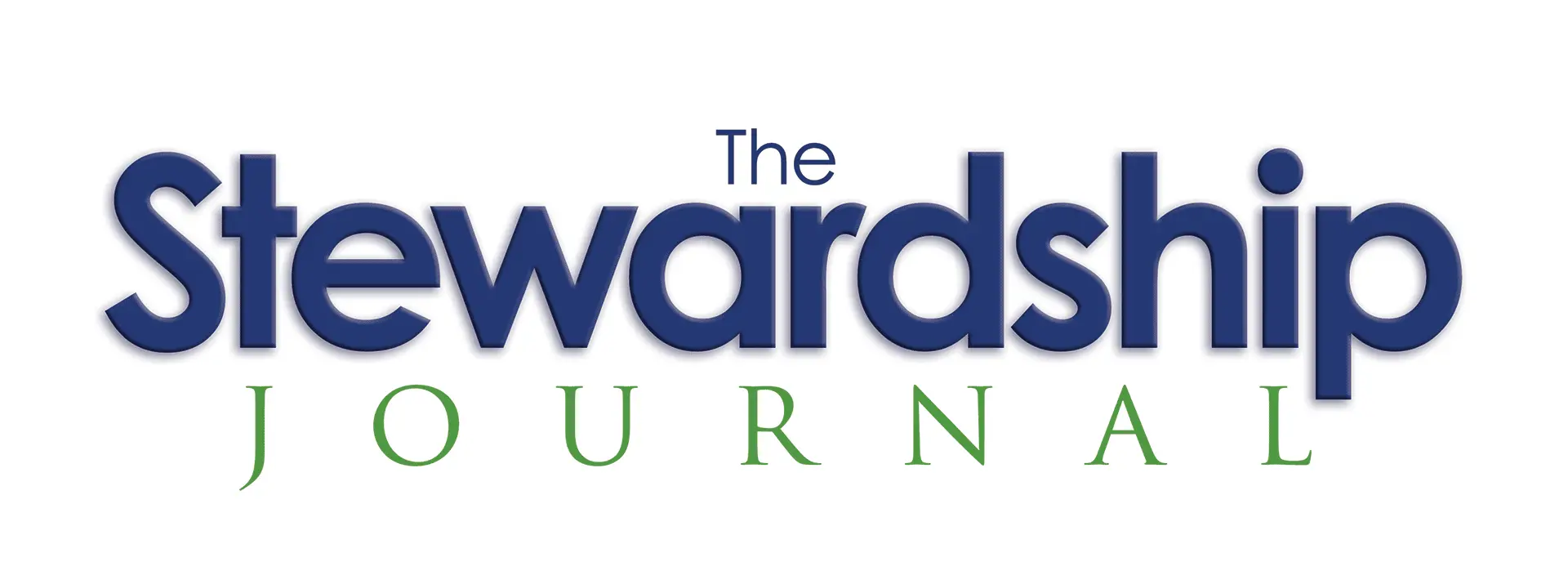
I’m focused on helping churches be financially secure by 2030. For years, I have marched under the motto, “Reversing Giving One Church at a Time.” With the decline of giving picking up speed and endangering the future of thousands of churches, there is never a better time to prepare for the future than now. Remember, one of my key Brooks mantras, “The Church that exists in the future is the church that prepares for the future today.” In my lead column, Preparing Now for the 2030s,I want to explain why and how to be financially secure for this coming decade. As to why, consider…
“The average evangelical Protestant gave 1.7% of household income to church over the past 12 months, with a median of just two-tenths of one percent. Because of both lower generosity among those who are still giving and a drop in the proportion who give anything to church, the average has fallen 28% over the past three years from 2.4% generosity in 2021. The median has fallen from 0.6% three years ago.”1.
The first step toward preparing for the future is understanding what lies ahead. The above quote was from one of my leading statements weeks ago on the state of giving in America. As I’ve expressed, the situation is concerning. I’ve voiced my frustration that denominational executives and pastors of churches of all sizes are turning a blind eye to the trends in front of them. It took Covid-19 to awaken many pastors. Now, with America fully back, they seem to have forgotten the lessons of those March days of 2020. Covid revealed how fragile the typical church’s finances are. If we don’t act, that is our future. But remember, you have the power to change this future. If you don’t act now, you won’t have a future.
Why? If you do some research, you will find that you survived the closures and lockdowns forced upon us because your top-tiered donors bailed you out. All that online engagement didn’t create new donors digging deep to keep your church open. It was your dedicated members who already had the biblical concept of stewardship down. How many of them are Baby Boomers entering into, or already in, retirement? If you want to know what your future is, simply do the math and see how many of the top 50% of your current donor base are 60 years or older. In five years, their giving capacity will be greatly reduced. Are you bringing up the next generation of generous disciples?
Yes, the stewardship of your members is your pastoral duty and responsibility. Last year, I saw a study that revealed that young people get their financial information from the Internet. Less than 10% of those polled stated they sought advice from a pastor. This directly results from the misguided belief that pastors should never be involved with stewardship and that any teaching or preaching on stewardship will hurt our crowd size. After all, that is what we are interested in, right, crowds? By making our services almost exclusively outreach moments for the lost, we have failed to teach biblical stewardship. With the passing of Boomers, the last educated generation of biblical donors, giving will start declining.
Attitudes must change, or churches will close. “All you care about is money,” a denominational worker commented after one of my posts went out. I care about what money represents, what is truly in people’s hearts. Show me a generous person, and I will show you a person whose heart is in tune with God and who is financially secure. Our goal as ministers is to help people to become fully devoted and developed disciples of Jesus. Teaching your flock biblical stewardship benefits them and your church. It is your business!
Biblical stewardship is more taught than caught. Sometimes, a shepherd must lead the flock of sheep in a direction they don’t want to go. Left to themselves, they will follow the lead sheep right off a cliff. With continued economic uncertainty, we must prepare our flocks away from the destructive cliffs ahead. Providing this direction is your responsibility.
What’s your plan? Can you tell me in sixty seconds how you plan to position your church for financial stability by 2030? If you can’t, you are planning on failure. I get that you are busy. But, if you keep kicking down the road planning for your future financial security, you are risking the future of your church.
Right now, I am watching my denomination, the Southern Baptist Convention, continue selling land, buildings, and assets in the vain hope of keeping their existing budgets sustainable. It won’t work. It will only hasten further decline. The answer, which they are ignoring, is to develop plans for how to help as many individual churches as possible survive, not the survival of the Convention’s programs. They know they have a problem. They don’t know how to solve it. Do you, when it comes to your church?
What is your immediate and long-term vision? In a couple of weeks, I will sit down with a pastor of one of the leading churches in America. We are set to talk about many of the issues I am raising in this column. It will be four hours of talking about church, community, culture, and how best to position this pastor’s heart and vision for the remaining years of ministry God has for him. My rough outline of the meeting is to help him arrive at immediate goals in the next twelve to thirty-six months and longer-term goals into and beyond the 2030s. Starting in early 2020, I began advocating for pastors to adopt a similar strategy. Are you thinking this way?
I’ve been thinking about this, even before Covid hit. I’m going to keep a focus on this as long as God allows me. My passion is to help you reverse the decline in giving at your church. Keep reading!

Mark Brooks – The Stewardship Coach
mark@acts17generosity.com

OnlineGiving.org, the leading online giving processor in America, sponsors my writing. You can find out more about their services at https://www.onlinegiving.org/.
- Infinity Concepts | Grey Matter Research, The Giving Gap: Changes In Evangelical Generosity. 2024 report.


